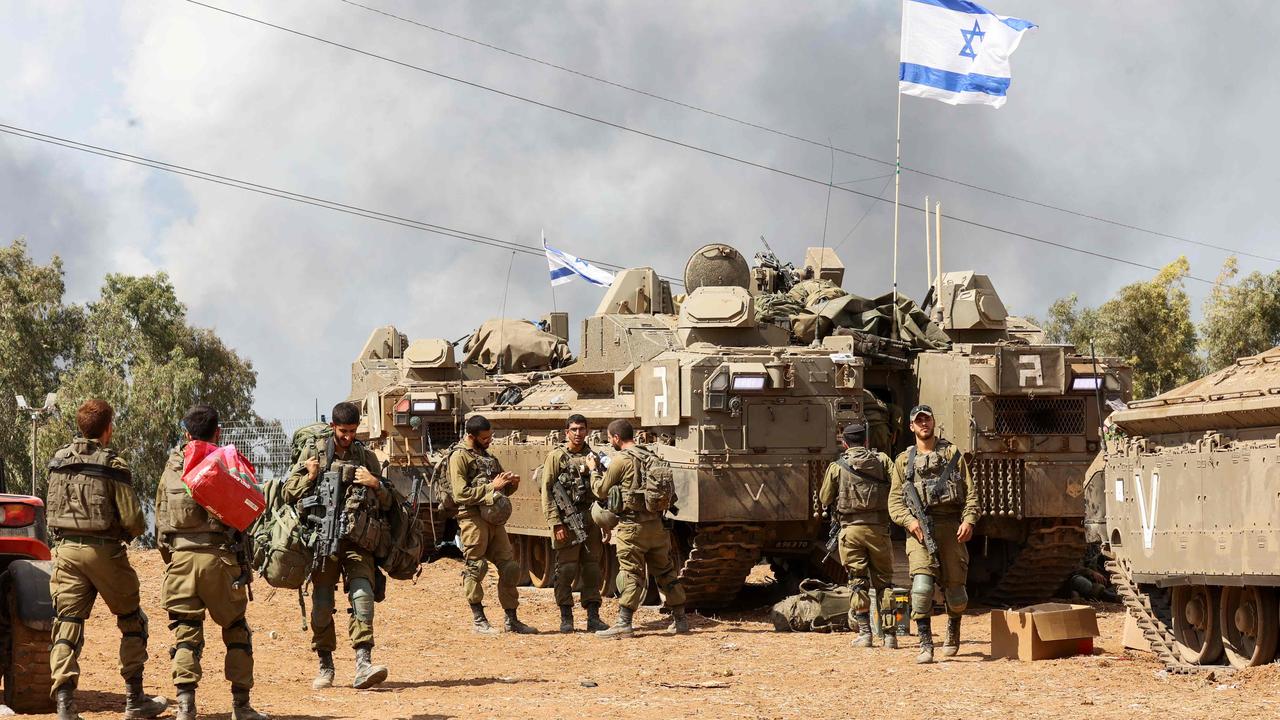Israel is preparing to bomb the al-Sahel hospital in Dahyeh, alleging without evidence that Hezbollah is hiding funds in a bunker beneath it. Unlike Gaza, where Israel operates with impunity supported by the U.S. and its Western allies, it seeks to justify its actions in Lebanon early in the conflict.
Political analyst Amal Saad and other Lebanese experts caution that an attack on this hospital could escalate Hezbollah’s response. Hezbollah has already declared a “new phase of escalation” and continues to resist Israel’s advances, which have so far failed to penetrate southern Lebanon after three weeks of attempts.
One significant development in the conflict is Israel’s destruction of Qard al-Hassan, a Lebanese social institution referred to as “Hezbollah’s bank” by Israeli army spokesperson Avichay Adraee. He claimed that hundreds of Qard al-Hassan branches are located in residential areas throughout Lebanon. Israel’s objective is to dismantle Lebanon’s financial structures and destabilize its economy.
Qard al-Hassan operates 31 branches under the Lebanese Ministry of Interior’s approval, focusing on Islamic banking and providing interest-free loans to Lebanon’s most vulnerable populations. Its services include loans for those impacted by Lebanon’s energy crisis, funded by donations. Despite its establishment by Iran in the 1980s, Qard al-Hassan is now a self-sustaining organization mainly supported by Lebanon’s Shiite community. Since Lebanon’s economic collapse in 2019, the institution has become a critical resource, aiding families in need, financing small businesses, and supporting solar panel installations. Its clientele spans religious and sectarian lines, with Christians making up 30–40% of the clients at its Santa Teresa branch and most clients in Sidon not being Shiite.
Despite Qard al-Hassan’s assurances of safeguarding depositors’ funds since the war began, Israel’s efforts appear aimed at further impoverishing Lebanon’s already displaced Shiite community, which makes up 85% of its depositors. Amal Saad argues that these actions constitute collective punishment, seeking to annihilate Hezbollah’s socio-economic base, deepening Lebanon’s crisis, and endangering the future of its Shiite community.
Hezbollah has announced the start of a new phase of confrontation with Israel, with analysts predicting an escalation in weaponry and the expansion of strategic targets. This phase may see Hezbollah deploy previously unused missiles, targeting key Israeli infrastructure and launching surprise operations, including maritime strikes. Their tactics will likely focus on guerrilla warfare, drawing Israeli forces deeper into Lebanon for ambushes designed to cause maximum casualties.
Hezbollah’s recent attack on Ben Gurion Airport in Tel Aviv using drones temporarily halted operations, raising concerns for Israel’s economic stability. Disruptions to economic activities, including factory closures, could impose significant costs on the Israeli regime. Meanwhile, Hezbollah’s continued attacks have revealed weaknesses in Israel’s air defense systems, fueling anxiety among Israeli settlers.
As the conflict intensifies, Israel continues to apply tactics similar to those used in Gaza, targeting hospitals and financial institutions. The goal is not only to occupy territory but also to weaken the Lebanese population and prevent resistance to future colonization.










